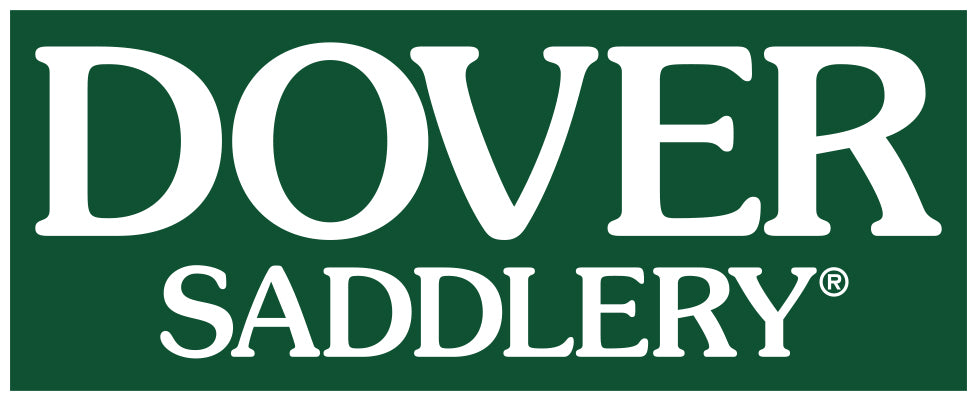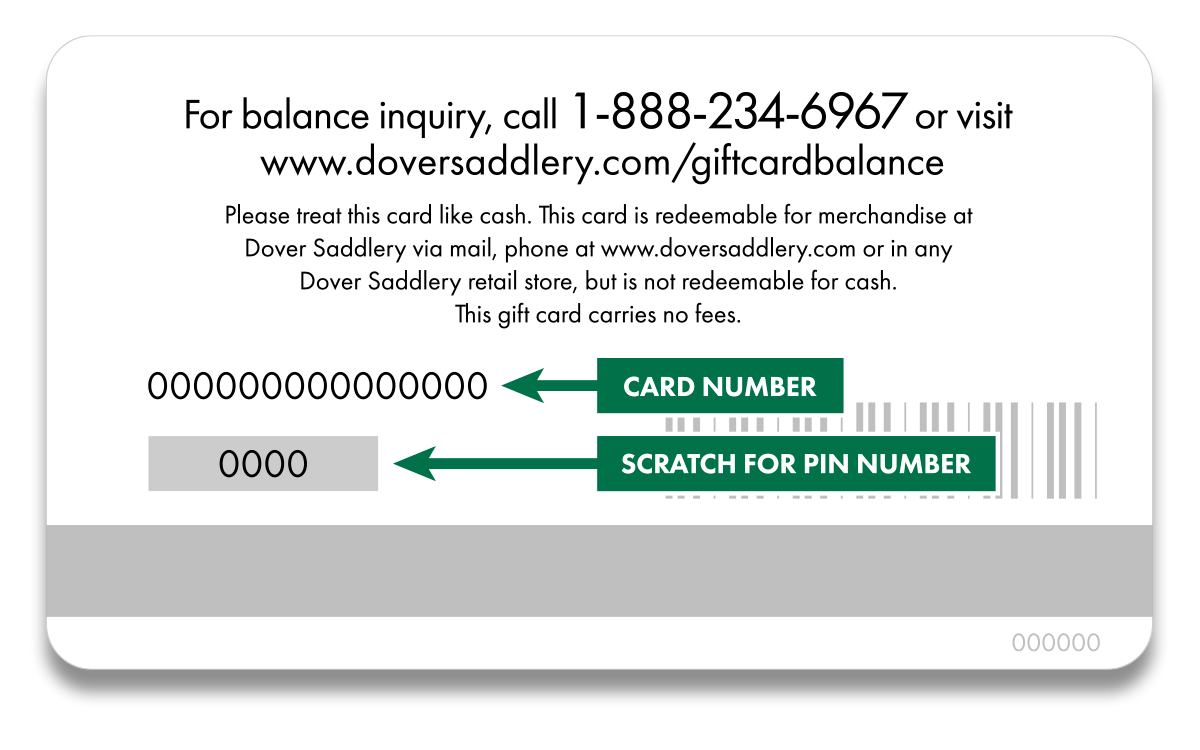
Information in this article should not be used in place of professional veterinary diagnosis or advice. Please consult your horse's veterinarian prior to administering any medication or supplement.
Pain is nature's way of telling a body that something is wrong, designed to make the body slow down for healing. Pain arises from nerve endings being irritated, often due to pressure from injured tissues inflamed with fluid. Inflammation occurs as the body sends blood with oxygen and disease-fighting cells for healing. Acute injury or long-term overuse can cause inflammation, and reducing it usually provides some degree of pain relief.
If your horse exhibits symptoms of pain, consult a veterinarian to identify the cause. Simply masking pain without addressing the root issue may lead to more extensive damage.
Natural substances or herbs with anti-inflammatory and pain-relieving properties may help your horse feel more comfortable with aches or arthritis. These are useful for long-term pain management where prescription drugs like Phenylbutazone and Equioxx may not be recommended due to side effects. Natural substances may reduce inflammation and provide analgesic effects, but results vary between horses.
Along with prescription, nutritional, and herbal methods, some innovative products reduce inflammation. See Pain Therapies for Horses for more information. Supplements containing glucosamine and chondroitin may complement prescription or herbal solutions by addressing joint deterioration.
Important Cautions:
- Consult your horse's veterinarian regarding the use of herbs.
Note: Some natural substances should not be administered while a horse is receiving prescription drugs to avoid interactions. Certain herbs, like Devil's Claw, should not be given to pregnant mares, horses taking NSAIDs, or horses with ulcers or ulcer susceptibility.
Additionally, some horses may be sensitive to certain ingredients, which could cause allergic reactions. - If you plan to enter a competition, verify with the governing body that any natural pain-relieving or anti-inflammatory substances are permitted. See the USEF website for current Guidelines for Drugs and Medications.
- Follow dosing instructions closely for nutritional and herbal supplements, and educate yourself on potential side effects.
MSM
Methylsulfonylmethane (MSM) is a sulfur compound found naturally in foods. It reduces pain and inflammation, such as that from arthritis, and may improve circulation. MSM is essential for the health of connective tissues, including tendons, ligaments, and muscles. Laboratory-produced MSM is virtually identical to natural MSM. You can find MSM as a pure supplement or blended into joint and hoof products.
Herbal Analgesics
Common herbal analgesics include Devil's Claw, Yucca, and Boswellia.
- Devil's Claw: Derived from the root of Harpagophytum procumbens. Useful for joint pain, acute injuries, stone bruises, laminitis, and chronic conditions like arthritis.
- Yucca: Extract from the yucca plant used to relieve joint pain and stiffness from arthritis.
- Boswellia: Resin extract with anti-inflammatory properties for stiffness and pain in connective tissues and joints.
See the chart at the end of this article for products containing one or more of these herbs.
Tips
- Topical products containing arnica may aid sore muscle recovery. Therapeutic equipment, including Back on Track products with ceramic fibers and magnet therapy, may also be helpful.
- Alternative therapies may supplement veterinary care. Consider chiropractic care, massage therapy, acupuncture, acupressure, or reiki for your horse.



